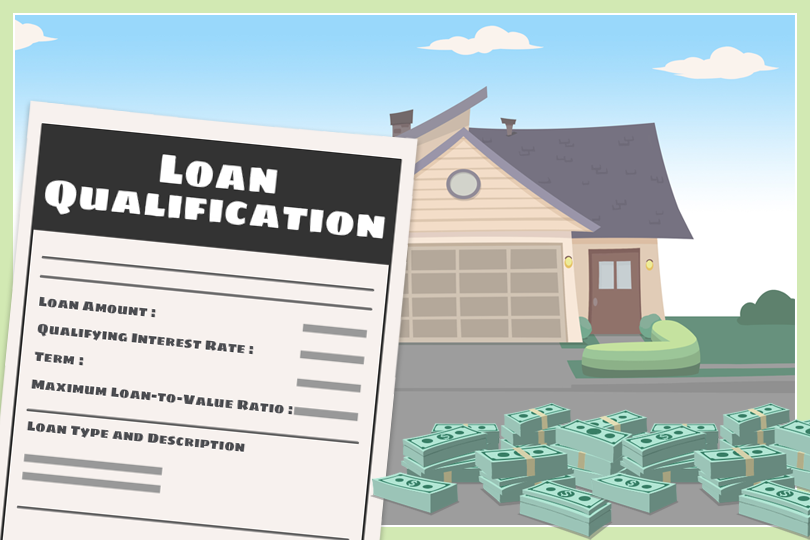How Do Other Mortgages Compare to FHA Loans?
February 17, 2025
True or False: FHA loans are the only government-backed mortgage option.
False. FHA loans are indeed government-backed (by the Federal Housing Administration), but so are VA loans (Department of Veterans Affairs) and USDA loans (U.S. Department of Agriculture).
True or False: Compared to conventional loans, FHA loans generally require a higher credit score.
False. One of the advantages of FHA loans is their more lenient credit requirements. You can often qualify for an FHA loan with a lower credit score than a conventional loan.
True or False: FHA loans always require a higher down payment than conventional loans.
False. FHA loans are known for their low down payment options, sometimes as low as 3.5%. Conventional loans can include a higher down payment, but not always. Some conventional loans may include low down payment options too, but they may come with other requirements like private mortgage insurance (PMI).
True or False: FHA loans have stricter debt-to-income ratio requirements than conventional loans.
False. FHA loans tend to be more forgiving with debt-to-income ratios, making them more accessible for borrowers with more debt.
True or False: Unlike conventional loans, FHA loans require mortgage insurance.
True. This is a key difference. FHA loans require both upfront and annual mortgage insurance premiums (MIP), which protect the lender if you default on your loan. Conventional loans may not require private mortgage insurance but you must typically put down a larger down payment (typically 20% or more).
True or False: Compared to VA loans, FHA loans are more restrictive on the types of properties you can buy.
False. Both FHA and VA loans have property requirements, but neither is inherently more restrictive than the other. Both can be used for single-family homes and sometimes for condos or manufactured homes, depending on specific guidelines and lender approval.
True or False: FHA loans are a good option for borrowers with excellent credit who can afford a large down payment.
False. While FHA loans can be used in this situation, borrowers with strong credit and ample savings might find conventional loans more appealing, as they can often avoid mortgage insurance and potentially secure lower interest rates.
True or False: FHA loan limits are the same nationwide.
False. FHA loan limits vary by county. They're designed to reflect local housing costs. So, the maximum loan amount you can get with an FHA loan will depend on where you're buying a home.
True or False: You can only use an FHA loan to purchase a primary residence.
True. FHA loans are generally for primary residences. You can't use them to buy investment properties or second homes (though there are some exceptions for multi-unit properties where the borrower lives in one unit).
FHA loans can make homeownership more accessible to a wider range of borrowers. However, they're not a one-size-fits-all solution. Understanding how they compare to other mortgage options is crucial in choosing the right path to homeownership.

FHA Loan Articles
July 7, 2023Manufactured homes, sometimes referred to as mobile or modular homes, are factory-built residences designed to meet or exceed national building codes set HUD. They offer cost savings and energy efficiency, making them an attractive housing option for many Americans.
July 2, 2023Buying a home is a significant milestone in life, and for many, it's a dream come true. However, the path to homeownership can be fraught with challenges, and one of the most concerning issues can be high FHA loan interest rates.
June 27, 2023The FHA loan process is straightforward and has been successfully navigated by millions of homeowners. If you're considering an FHA loan to finance your home purchase, it pays to be prepared. To avoid mistakes before you start your loan application, homebuyers should keep these tips in mind.
June 20, 2023Can an FHA loan be approved if there are late or missed payments on the credit report? Navigating through financial challenges, such as escalating costs of living and employment uncertainties, can indeed make it difficult to maintain a perfect financial record.
June 15, 2023When you buy a home with an FHA mortgage, cash for closing costs and your down payment is required. It would be easy to assume you simply give the lender cash in the specified amount and that’s the end of the story.







